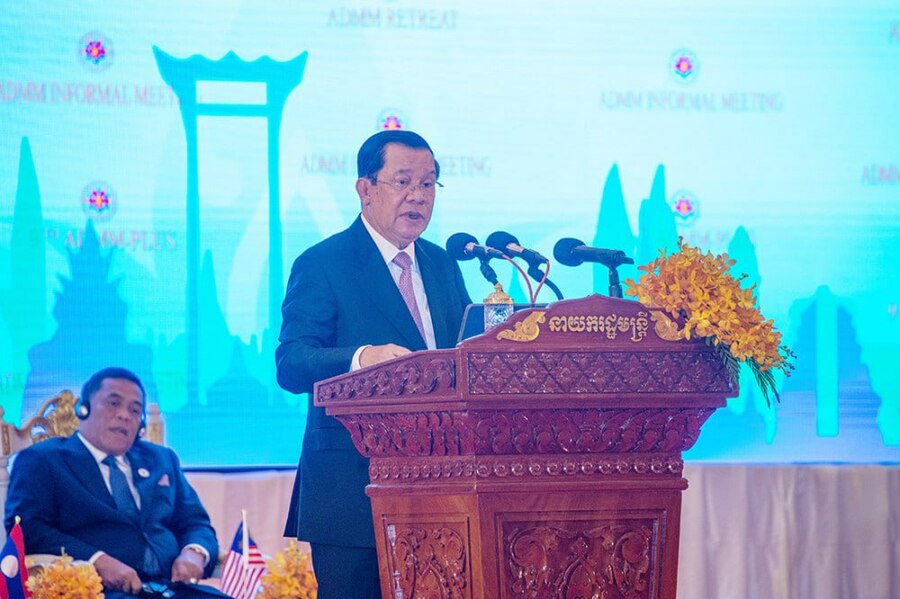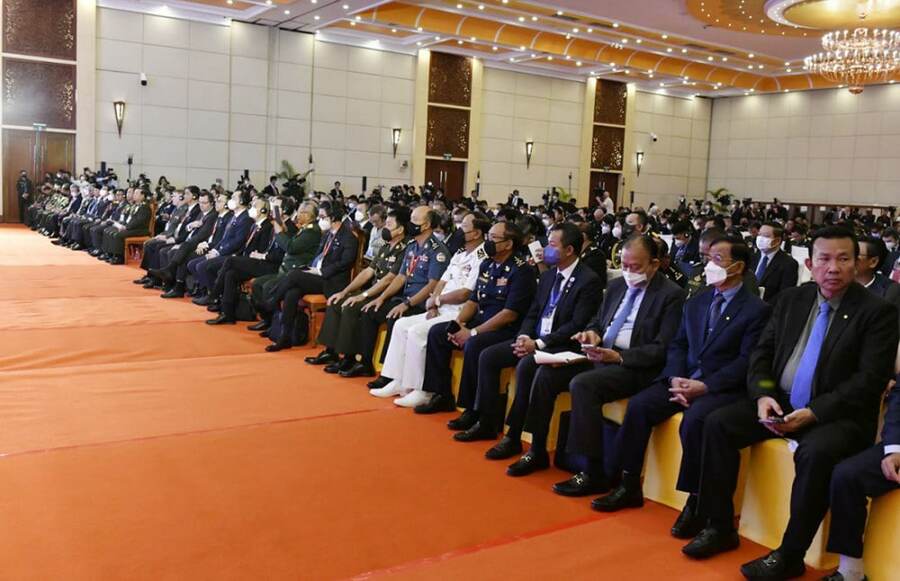News Information
- NEWS_POSTED_BY: Jinny Chad
- NEWS_POSTED_ON: Nov 23, 2022
- Views : 408
- Category : Asia
-
Description :
The 9th ASEAN Defence Ministers’ Meeting Plus (ADMM-Plus) kicked off this morning under the chairmanship of Prime Minister Samdech Akka Moha Sena Padei Techo Hun Sen in Siem Reap, home to Angkor temples.
In his keynote address, Samdech Techo Hun Sen said the meeting took place against the backdrop of rising uncertainty, rapid changes, complexity and volatility of global security and economic environment. The rise of geopolitical rivalries and tensions, the continued fight against Covid-19 pandemic, the food and energy crisis, the global economic downturn and war have formed a ‘perfect storm’. At the same time, impacts from the climate change is indeed more severe, both scale and frequency. In fact, the world is obviously at a critical juncture as multiple complex crises are posing unprecedented threat to the very foundations of peace, stability, and progress of many countries around the world. Indeed, the decline of multilateralism harms us all.
Samdech Techo Hun Sen also expressed his high appreciation for the important role of the ADMM-Plus. “Within such context, the ADMM-Plus plays increasingly critical role in promoting mutual understanding through candid exchange of views based on mutual respect, practical collaboration, and capacity building. Promoting mutual respect, mutual understanding, mutual trust, and mutual interest for peace and prosperity (M4P2) is fundamental,” he underlined.
Samdech Techo Hun Sen continued that as a small state, Cambodia firmly and consistently advocates open and inclusive multilateralism, strengthen ASEAN-led mechanisms or ASEAN-driven regional order, and adheres to international law, particularly the UN Charter.
In the meeting, Samdech Techo Hun Sen also shared Cambodia’s lessons learned from the peace process, especially under the Win-Win Policy in 1990s. “I would like to summarise into three points here. First, we need to always keep the door open for inclusive political dialogue and negotiation. Second, we need to ensure the safety, justice, and wellbeing of all parties. Third, we need to have the ownership, while bearing the responsibility of the peace process. National ownership is critical to peace negotiation,” he said. By Heng Panha, Published by: Korn Chamnan


